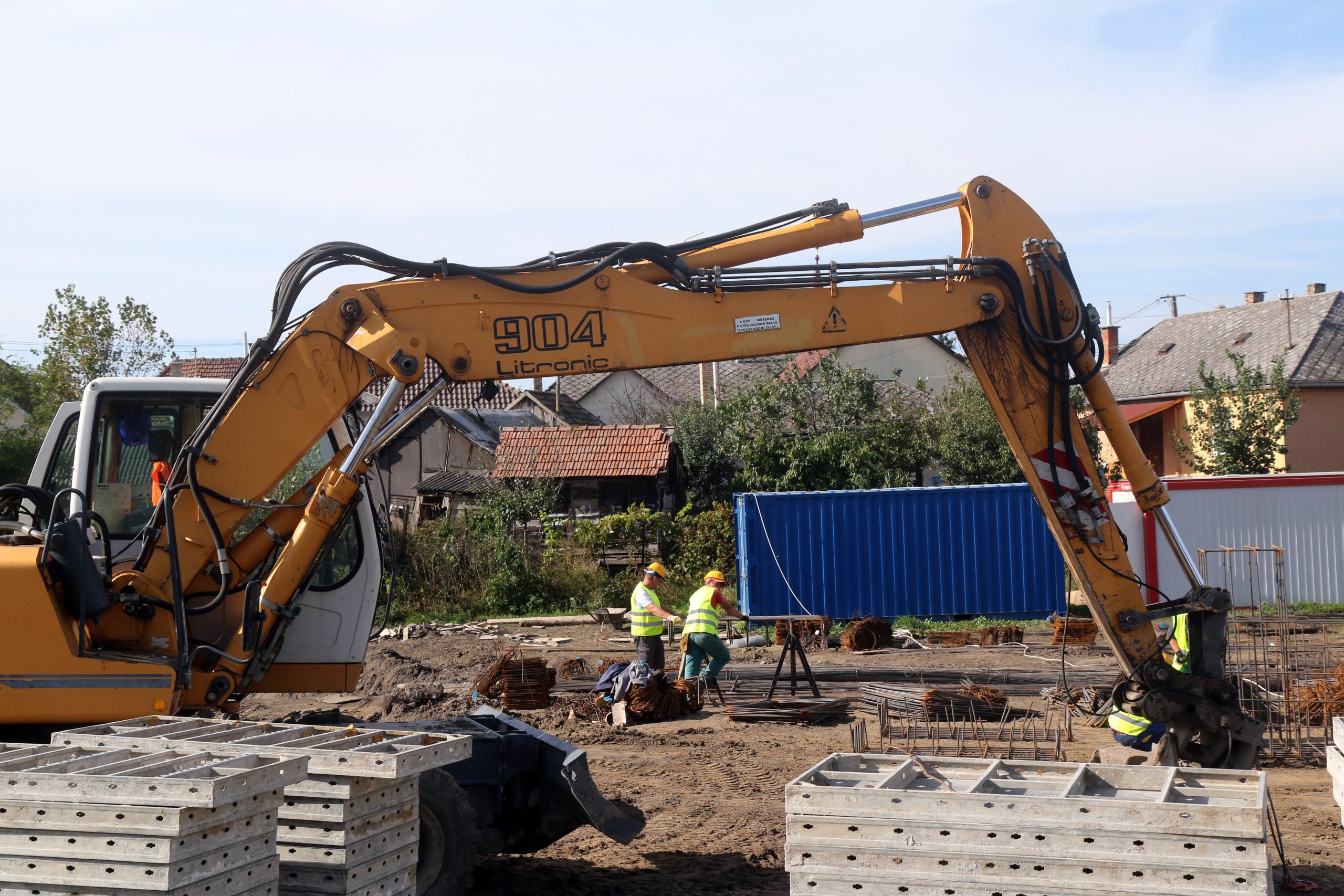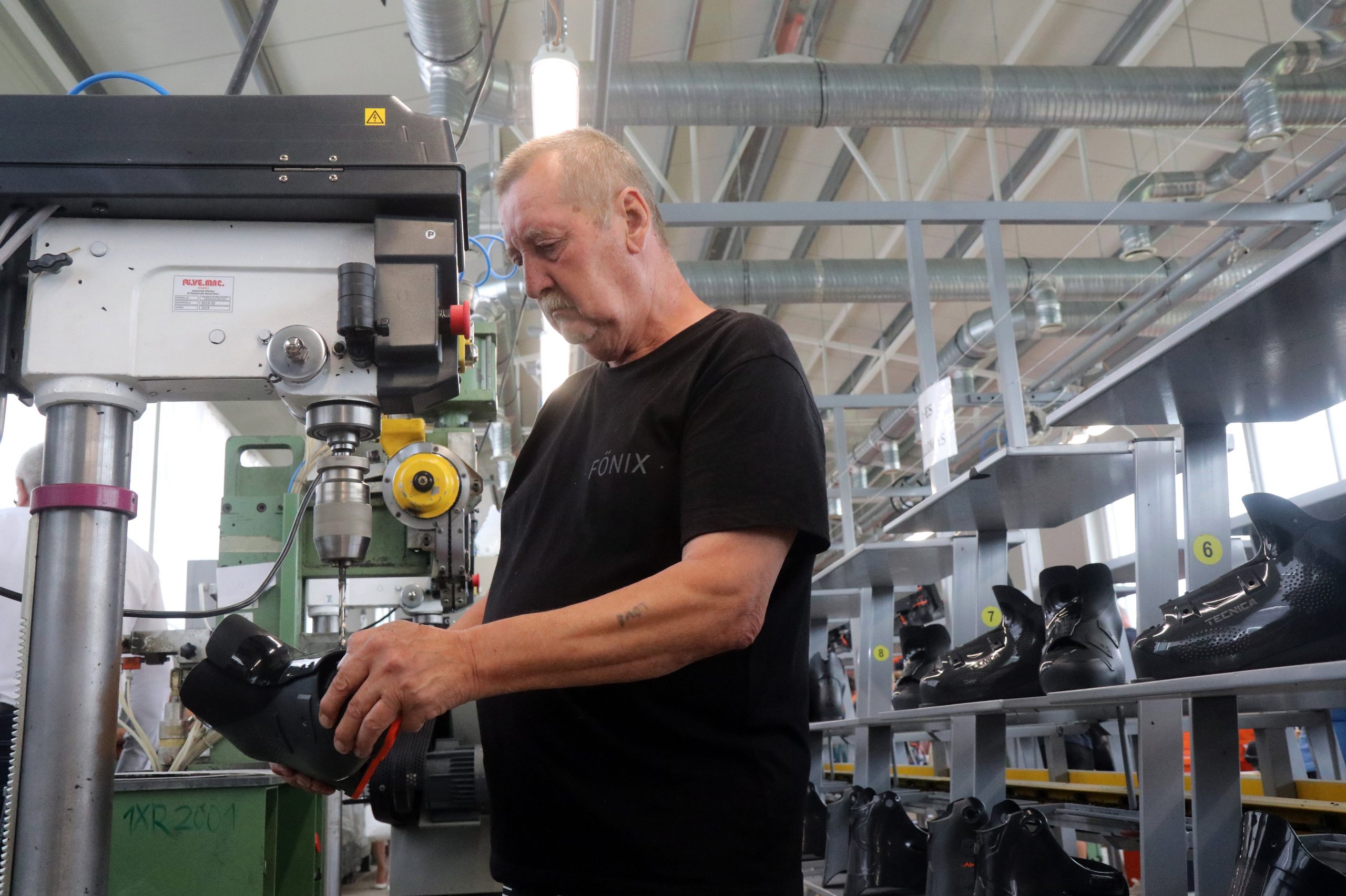
In absolute terms, output reached 405.2 billion forints (EUR 1.1 billion).Continue reading

Hungary’s jobless rate was 4 percent in June, up from 3.9 percent in the previous month, the Central Statistical Office (KSH) said on Wednesday.
The rate covering 15-74 year-olds fell by 1 percentage point from the previous year’s June.
Fully 193,000 were jobless, up 4,000 from the previous month.
Meanwhile, on the employment side, the number of people with a job came to 4,692,000, up 85,000 from the previous month and by 98,000 compared with same month a year earlier.
Among 15-64 year-olds, the employment rate was 74.1 percent, up 1.5 percentage points from May and 2.5 percentage points from June the previous year.
In the three-month period of April-June, the number of employees averaging 4,619,000 increased by 63,000 from the same period last year.
Sándor Bodó, state secretary for employment policy at the Ministry of Innovation and Technology (ITM), after the data release told public broadcaster M1 that the labour market was “stable” and that the main figures were “encouraging”.
He said the employment numbers were “unprecedented”, and he welcomed the increase both on the previous month and the previous year, adding that government measures to protect and create jobs were behind the positive data. Bodó noted that the employment rate had risen by more than 2 percent year on year.
He said that whereas the domestic labour market was stable, there were “problems abroad”, however.
Commenting on the data, András Horváth, the lead analyst of Takarékbank, said the labour market was rebounding quickly after the third wave of the coronavirus pandemic. Takarékbank expects the unemployment rate to be around 3.7 percent in 2021 and 3.3 percent in 2022, thanks in part to the government’s economic protection schemes such as wage support, temporary tax cuts and the loan repayment moratorium, he said. By the second half of this year, the labour market may return to pre-pandemic levels of demand for work force and rising wages, boosting consumption and GDP growth, he said. The same environment, however, may also pose the risk of rising inflation, he warned.
Dániel Molnár of the pro-government Századvég Gazdaságkutató said the relaunching of the economy and reopening services were behind the rising number of jobholders in June. The number of jobholders in the primary labour market surpassed pre-pandemic levels in Q2, he said. Employment is expected to grow further this year unless new the pandemic makes new restrictions necessary, Molnár said.
ING lead analyst Péter Virovácz noted that the first month of full reopening did not see a drastic fall in the number of jobseekers, noting that the number of economically active people has grown alongside the number of job openings. Meanwhile, the services, industrial and construction sectors have recorded growing demand for labour, hampering the growth of employers, he said. Even so, record low unemployment rates may return by the end of the year, he said.
Dávid Németh of K and H Bank said it was “somewhat surprising” to see that unemployment had not fallen despite the start of seasonal employment in June. Unemployment is expected to be around 3.7 percent in 2021 and 3.5 percent next year, he said.
Featured photo illustration by János Vajda/MTI